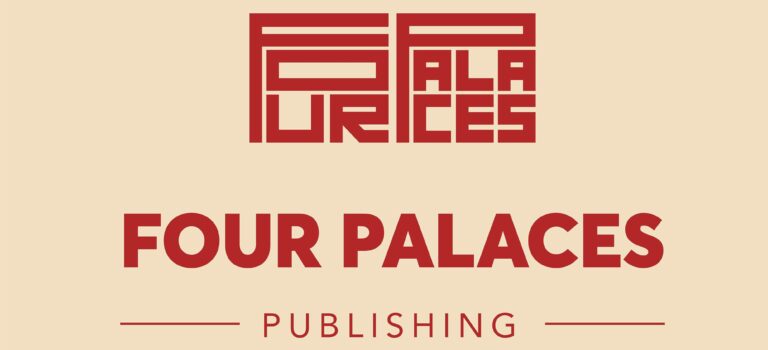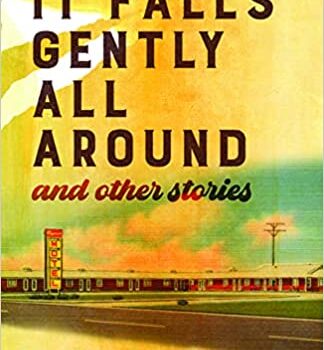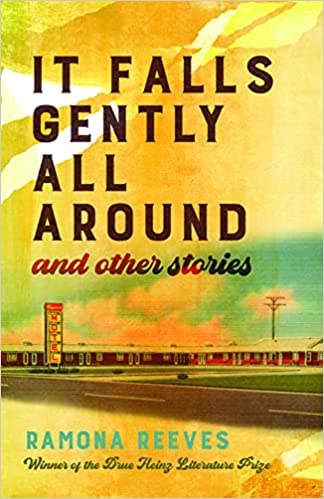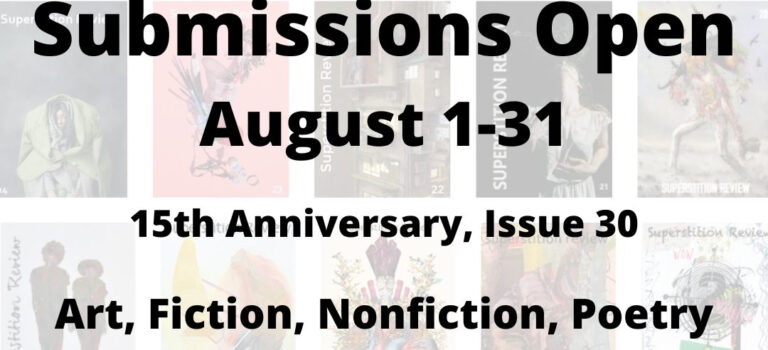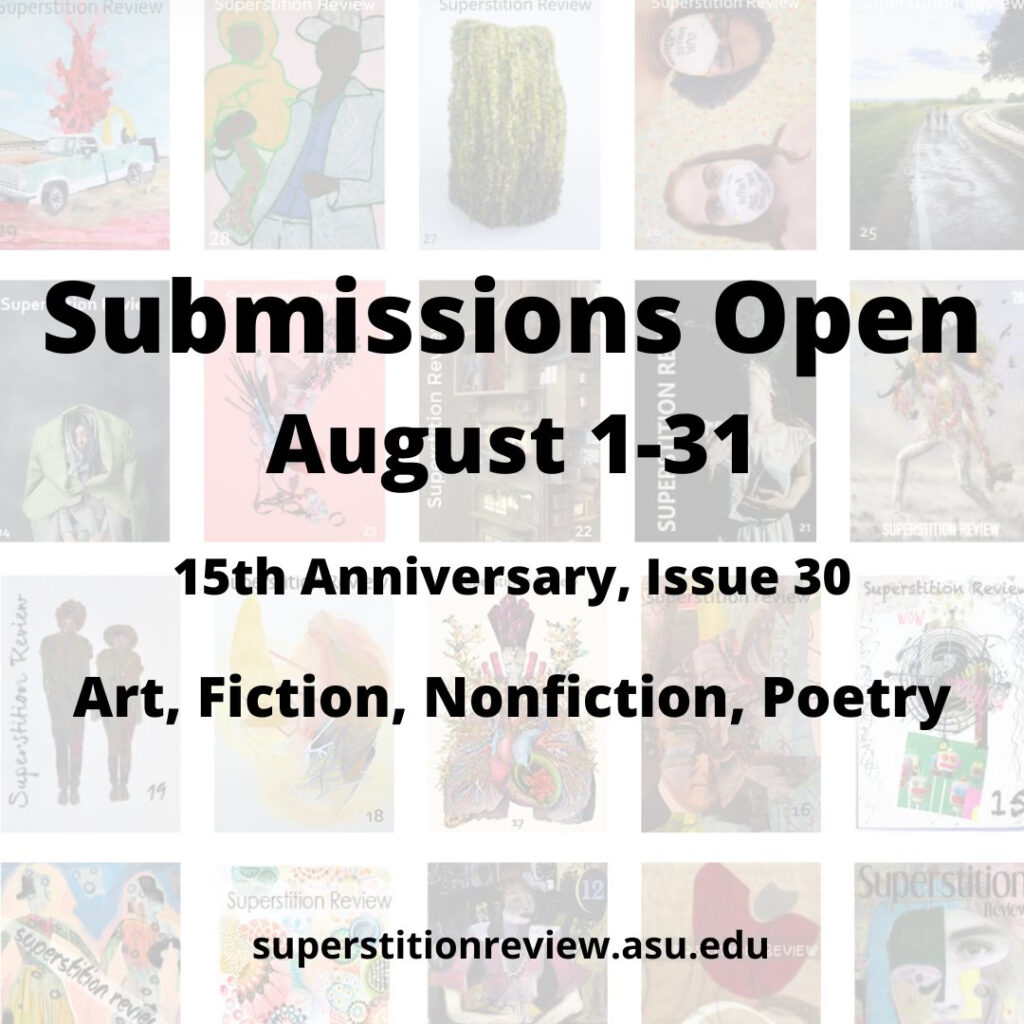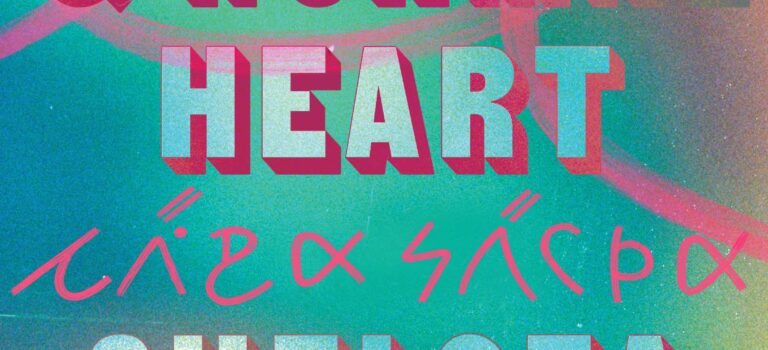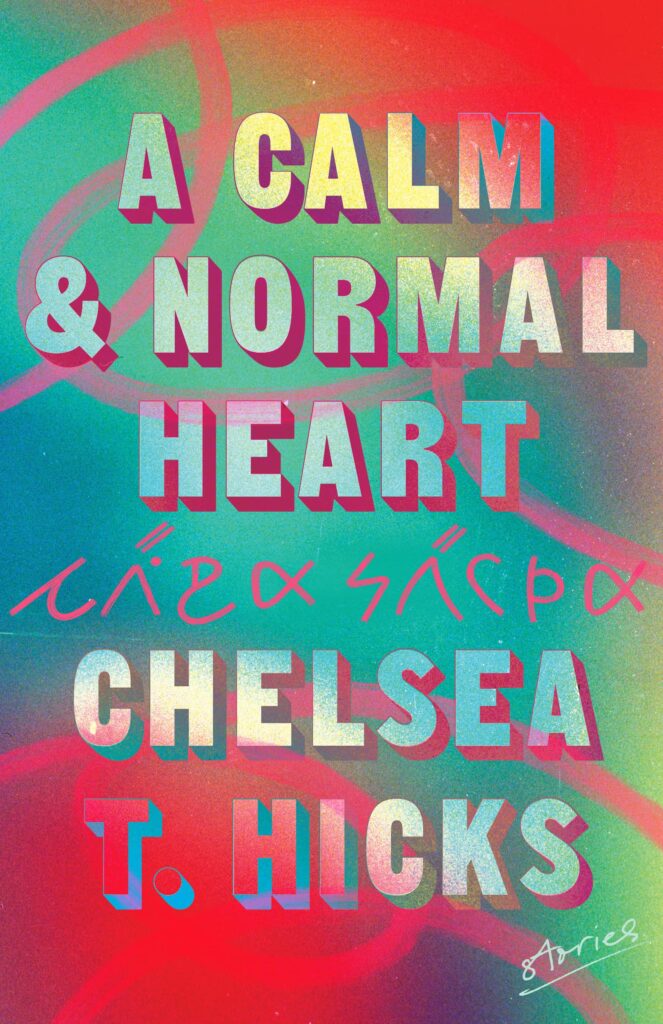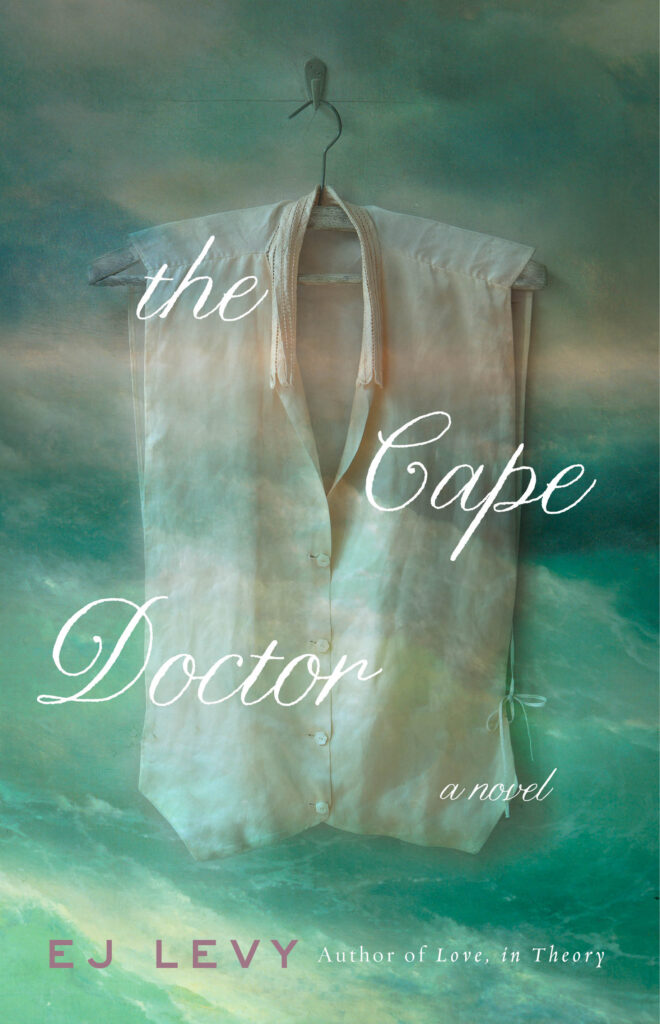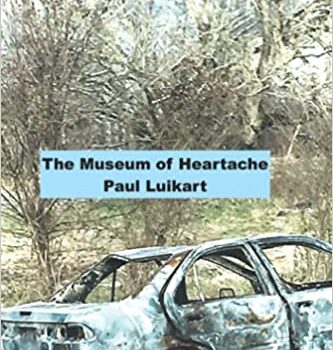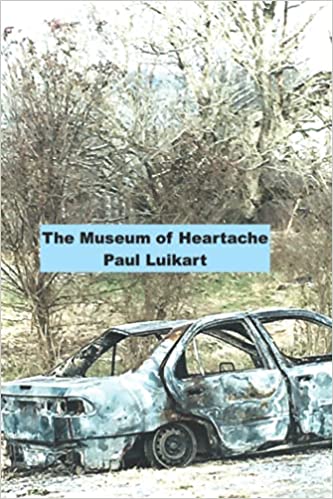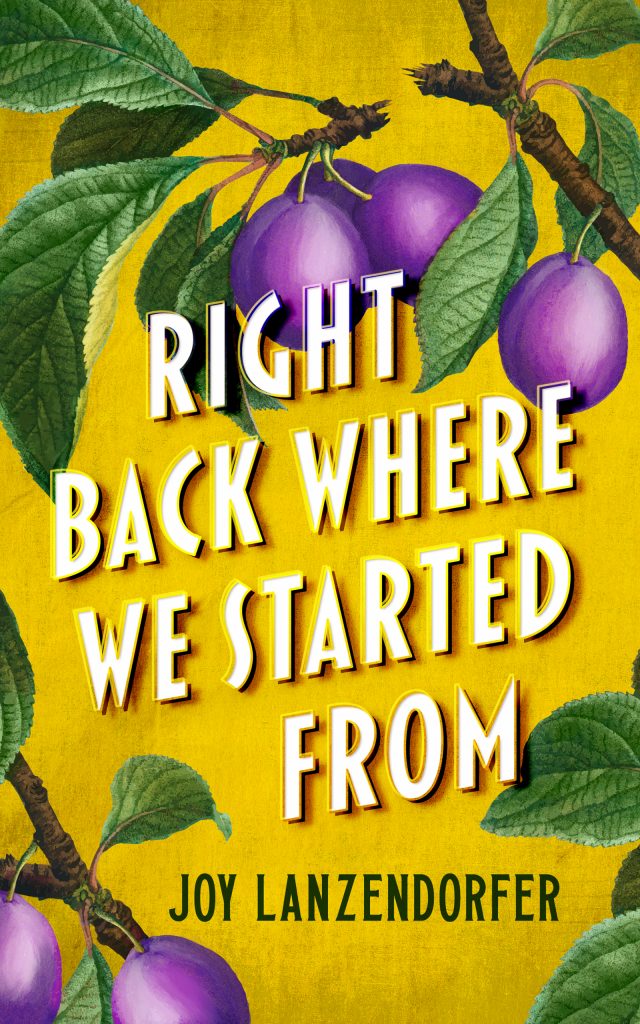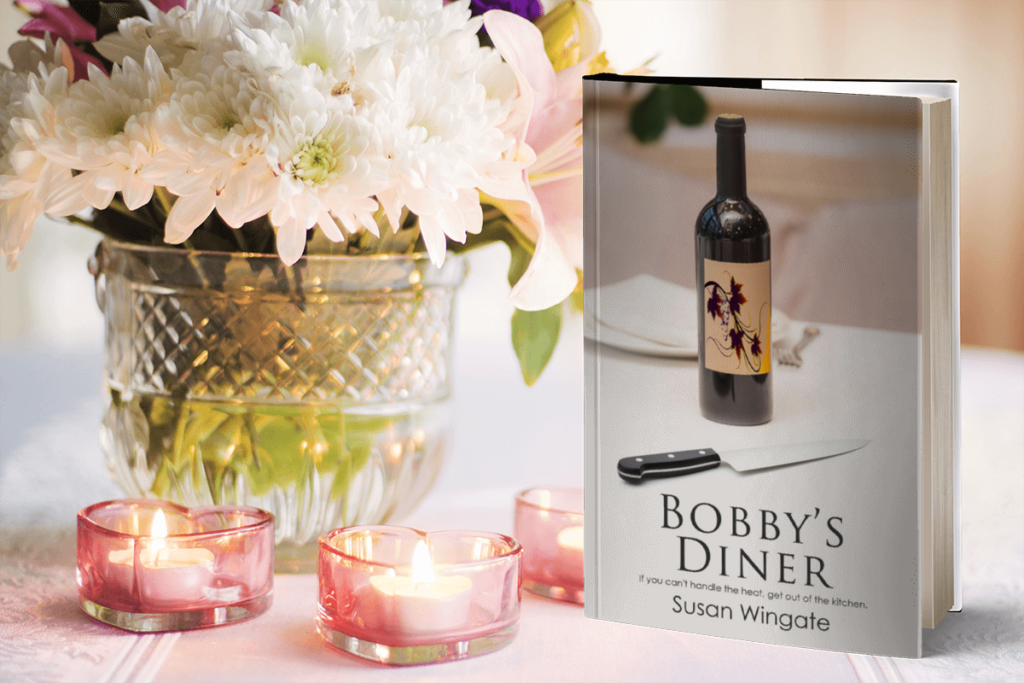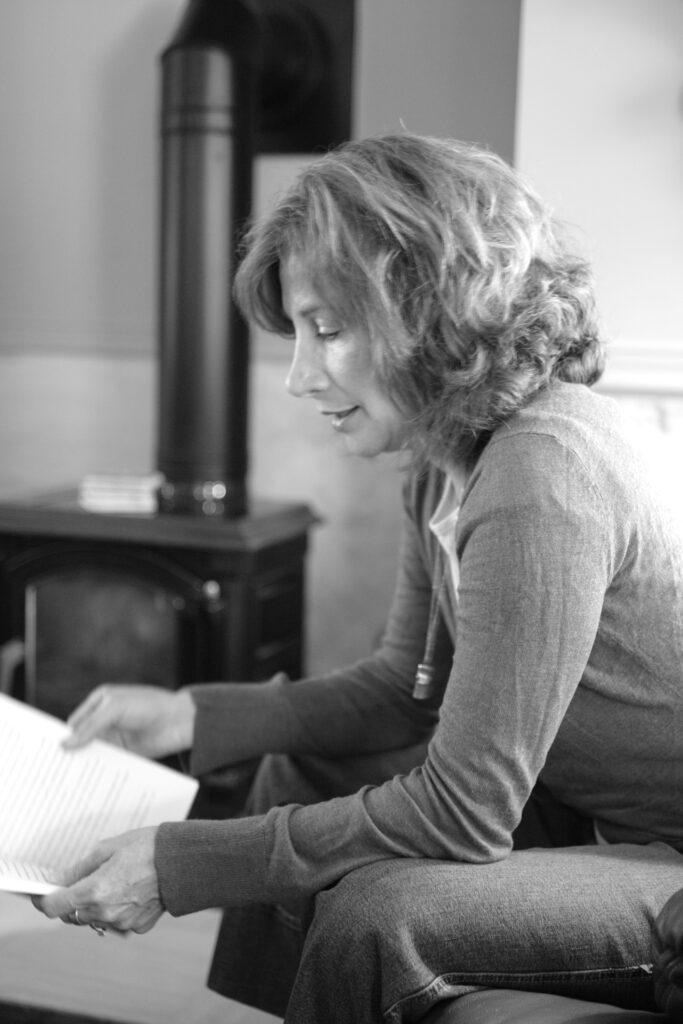Congratulations to Lynn Mundell for her new chapbook Let Our Bodies Be Returned to Us. Winner of Yemassee Journal’s 2021 Fiction Chapbook Contest, Mundell’s chapbook is a vivid, visceral look at womanhood. Comprised entirely of flash fiction pieces, Mundell proves she is a master at reaching profound depths with only a few words.
Although Let Our Bodies Be Returned to Us focuses on women, there is no one type of woman Mundell writes about. Young and old, idealized and flawed—she writes with empathy about sisters, mothers, and women who simply are. No two stories are the same: Mundell writes as an unborn, reincarnated baby in her first story “Again,” and later she writes from Mona Lisa’s point of view in “Smile, Lisa.” Her final piece, “Let Our Bodies Be Returned to Us,” is a mesmerizing capstone to a brilliant chapbook. Let Our Bodies Be Returned to Us is perfect for those looking for a collection that’s short but poignant.
The wit, warmth, and skill of this writer struck me immediately. These stories are smart but not smart-alecky, quirky yet polished, broad in their emotional appeal and sharp in their resonance. Again and again, I was taken by surprise—by the originality of the prose, the ingenuity of each scenario, the impact delivered by such a small number of words. I felt for these characters—the sisters in “Cloise,” about to be split apart, the lonely boy in “Mother and Child,” the broken family in “Big Baby,” the pregnant women who refuse to dim their hopes in “Our Bright Lights On.” Though many of these stories are heart-rending, I also found myself smiling, uplifted. This collection and this writer are ready for prime time.
Mira T. Lee, author of the novel Everything Here is Beautiful
Lynn Mundell is a short story writer, publisher, and editor. She and Grant Faulkner founded 100 Word Story in 2010, and her story “Again” appeared in Issue 17 of Superstition Review. To learn more about Lynn Mundell, go to her website.
To purchase Let Our Bodies Be Returned to Us, go here.
We’re also very excited to share an interview that dives deeper into Mundell’s chapbook. This interview was conducted via email by our Blog Editor, Brennie Shoup.
Brennie Shoup: Much of your work is flash fiction. Could you talk about what draws you to this form, and how flash fiction appears in Let Our Bodies Be Returned to Us?
Lynn Mundell: Flash fiction enables us to tell our stories in intimate ways—a secret whispered into an ear; a tale told over a quick warm drink. We boil down the story to its essence, leaving the tea leaves or coffee grounds for later scrutiny. For me it’s been the marriage of my original writing as a poet with my lifelong love of a good story. All of the stories in my chapbook are flash. They include 100-word stories in triptychs, some using numbering and headings for short sections, traditionally plotted longer flash, and some hybrid pieces where poetry and fiction congregate. The first story in the collection is called “Again,” about a baby born over and over and over again that was inspired by a black and white photo of a happy young family. It was published in Superstition Review and remains one of my favorite stories to have told and to read to others, so thank you, Superstition Review!
BS: The original “Let Our Bodies Be Returned to Us” was published in 2018 in Booth. Could you talk about what inspired the piece and how it ended up as the title for your chapbook?
LM: “Let Our Bodies Be Returned to Us” was actually inspired by a very small airplane seat on a flight from Phoenix to Santa Fe! Where the rest of that piece came from is a mystery to me, but there must have been a lot of feelings about how women’s bodies are used and used up that fed into it. I definitely tapped into everything from being hit on when I was younger to breastfeeding my kids. I wrote it at a writing retreat hosted by Meg Tuite and Robert Vaughn that encouraged crossing the border between poetry and fiction writing. I recommend working with these writers or just any sort of a change of scenery for a way to feel freed and inspired to produce new things. I sometimes camp out in a new location for four or five days to unplug and have found my best stories come from these times where I am seeing new things while also working in total isolation. When it was time to organize my stories, “Let Our Bodies” really encapsulated the theme for the whole book, plus it made for an intriguing book title that could also provide a lot of fodder for the cover illustration.
BS: Could you discuss the main themes of your chapbook? How have these themes developed over your career? Do you find yourself writing about the same ideas over and over again?
LM: The theme of the book is women’s bodies—what they are capable of, how they are viewed and objectified, as sources of comfort and conflict, and how ultimately women own them. The book is organized from birth to end of life, and each piece is from a female point of view. The theme surprised me as I sorted through my work looking for the common thread. I have other stories I like that did not fit into the collection thematically at all, and one of the most difficult things about creating the collection was having to give these pieces the heave-ho. I have written everything from ghost stories to creative nonfiction about my early teens living in Iran. Frankly, writing wise I am all over the map.
Typically I write a piece and sort of hope that there will be something cohesive among a few years of my work, but there isn’t always—which is why it took many years for this book to come about with its theme that finally surfaced. I admire writers who can set out to write to a theme and have a collection they are purposefully working toward. I was recently trying to write connected fables about animals, but have thus far only created one I like, about a mother and baby elephant that was published in The Masters Review. I’d like to keep trying on that, but may need to expand the theme to just fables in general or even fables and fairy tales.
BS: Do you have plans for future chapbooks, short story collections, or novels?
LM: I would love to write more books. But right now I am just writing and we will see where that goes. During the pandemic I have sort of gotten off the script of life in general, and in writing toward a publishing objective of any kind, with one thing being very different from the next. This has included a long fairy tale published in Gone Long, a book review for a friend’s new collection in Necessary Fiction, a four-part piece about fishing with my father in Under the Gum Tree, a creative nonfiction about family depression written to a painting in The Ekphrastic Review, a longer mystery in collaboration with artist Merrick Adams in 7x7LA, and others that are pushing what I typically do. At the end of this year I’ll look everything over and see if there is a pattern for a new book or one thing that I like enough as a starting point for a new book. I will say that I have continued to find great joy in writing as well as reading the incredible work that is out there lately.
What I love about writing is the wonderful sense of freedom. In our daily lives we are constrained by the demands of work, family, duty, society, finances, and so forth. But in writing we can leave all of that behind to explore anything with total abandon.



